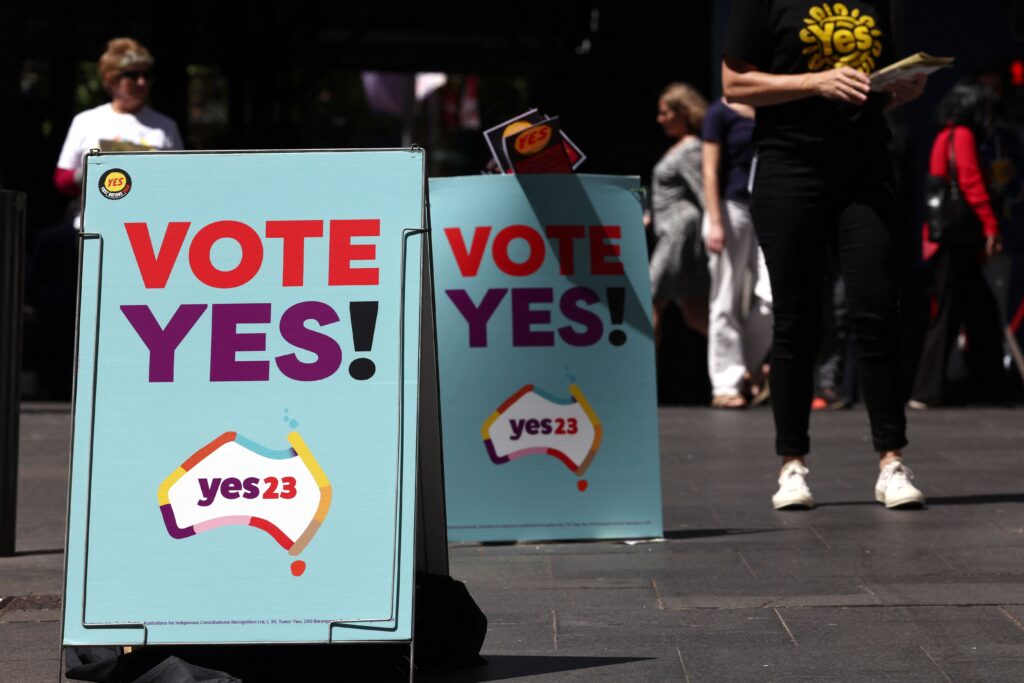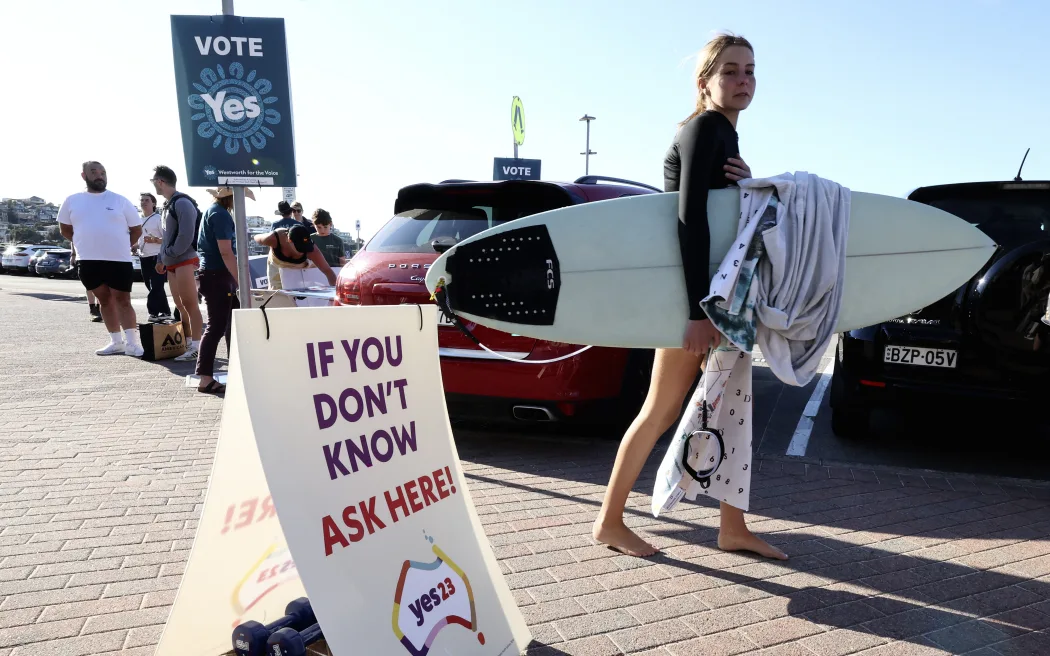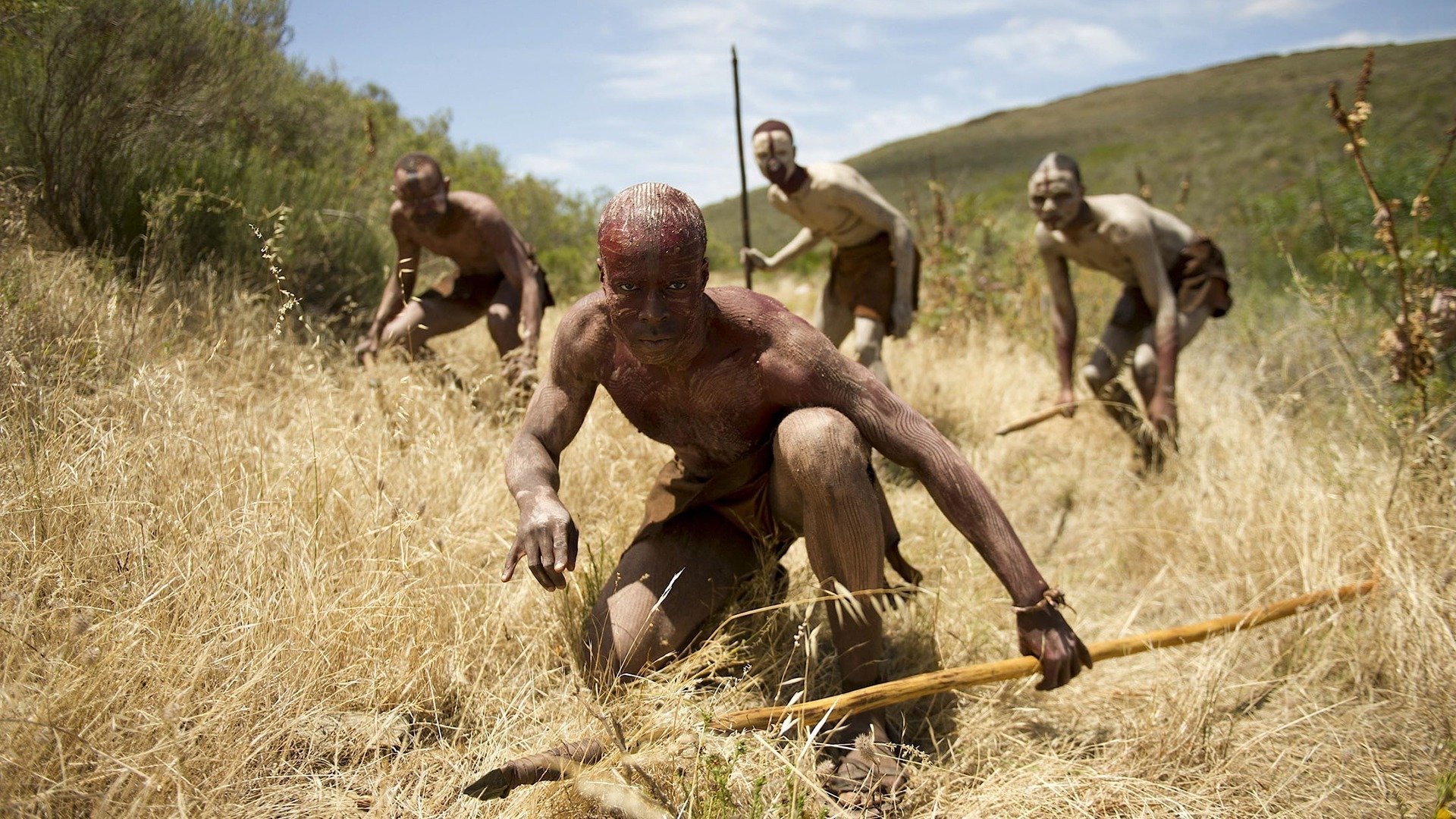On Saturday, an Australian constitutional resolution that sought to acknowledge Indigenous peoples was unequivocally rejected, dealing a substantial setback to the country’s efforts to reconcile with its First Peoples.
Determination of the Referendum
Australians were required to vote “Yes” or “No” in the referendum, the first in nearly twenty-five years, regarding whether the constitution should be amended to recognise Aboriginal and Torres Strait Islander people through the establishment of an Indigenous advisory body called “Voice to Parliament.”
“With nearly 70% of the nationwide vote counted, the “No” vote led the “Yes” vote by a margin of 60% to 40%.” A majority of electors in each of the six Australian states, according to projections by ABC and other television networks, would oppose an amendment to the 122-year-old constitution.

A referendum requires a national majority and a minimum of four of the six ballots required to be in favour in order to be successful.
The Concerns and Responses of Leaders
Prime Minister Anthony Albanese stated that the nation must forge a new path forward in order to achieve reconciliation, despite the fact that he conceded the outcome did not meet his expectations.
Albanese disclosed during a televised news conference, “The journey towards reconciliation for our nation has often been beset with challenges.”
“Tonight is not the end of the road and is certainly not the end of our efforts to bring people together.”
Academics and human rights activists are concerned that the victory of the “No” camp could derail reconciliation efforts by years.
The Voice and The Consequences It Has
The 2017 Uluru Statement from the Heart, written by Indigenous leaders, suggested the Voice to Parliament as a strategic framework for reconciliation with Australian society.
Indigenous Australians, who make up 3.8% of the country’s 26 million inhabitants, have inhabited the territory for an estimated 60,000 years. The constitution does not recognise their position, although most socioeconomic statistics consider them the most disadvantaged in the country.
Advocates of the measure assert that the inclusion of an Indigenous Voice in the constitution would foster national unity and inaugurate a transformative period for the Indigenous populace of Australia.
Despite widespread support, some Indigenous individuals argued that the change impeded the achievement of practical and positive outcomes.
The measure has faced criticism from the political opposition, which contends that it would disrupt government decision-making, foster discord, and prove to be ineffectual.
Thomas Mayo, a prominent “Yes” activist and indigenous leader, expressed on ABC News, “This devastates me.”
“We require a voice.” “That structural change is essential.”
Since its inception in 1901, the success rate of referendums in the nation of Australia has been a pitiful eight out of forty-four. This is Australia’s first referendum in nearly 25 years after voters rejected a republic transition proposal.
A 1967 referendum to incorporate Indigenous people into the census of the Australian population was a resounding success, thanks to the support of both political parties.
On the contrary, the referendum held in the present year has not garnered unanimous support, as the leaders of the major conservative parties have espoused a “No” position.
A referendum in Australia has never been successful without the support of both parties.
According to political analysts, a referendum defeat would be Prime Minister Albanese’s most significant setback since assuming office in May of last year. The Voice has been an integral part of his tenure.
Peter Dutton, the opposition leader, called Albanese’s referendum “that Australia did not require.”
“The proposal and process should have been designed to unite Australians rather than divide us,” he declared at a news conference on Saturday, subsequent to the declaration of the results.
Social media misinformation campaigns also contributed to the apprehension that the Voice, an advisory body with no legal authority, might transform into a third chamber of parliament, thereby increasing federal aid to Aboriginal people and increasing disputes between Indigenous and non-Indigenous people.
Furthermore, Albanese levied criticism against certain sectors of the media that, in his judgement, steered focus away from the core concerns that arose throughout the referendum discourse.
“We have had, including in outlets represented in this room, discussions about a range of things that were nothing to do with what was on the ballot paper tonight,” explained Albanese.
British families near Gaza fear attacks, won’t leave Israel.





